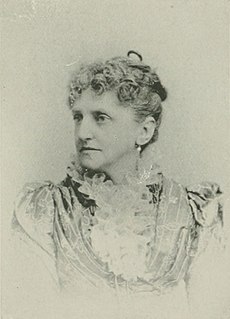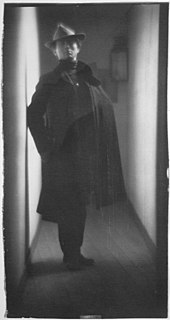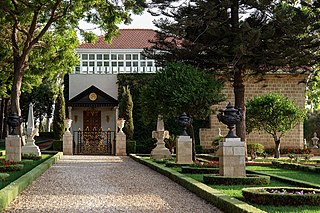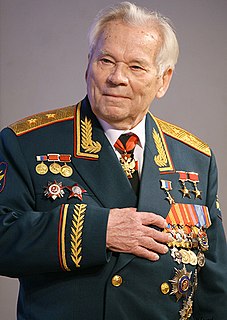A Quote by Charles Dickens
For who can wonder that man should feel a vague belief in tales of disembodied spirits wandering through those places which they once dearly affected, when he himself, scarcely less separated from his old world than they, is for ever lingering upon past emotions and bygone times, and hovering, the ghost of his former self, about the places and people that warmed his heart of old?
Related Quotes
Man is more than his environment. It is from the innate quality of the Spirit in him, his inner storehouse, that he draws those ideas, his intuitions, which unify his perceptions of the external world instantaneously with a value which is qualitative and not quantitative, and which he embodies in the works of his culture - those achievements which belong not only to one particular time but to all times, and mark the path of his upward progress.
A man of genuine literary genius, since he possesses a temperament whose susceptibilities are of wider area than those of any other, is inevitably of all people the one most variously affected by his surroundings. And it is he, in consequence, who of all people most faithfully and compactly exhibits the impress of his times and his times' tendencies, not merely in his writings where it conceivably might be just predetermined affectation but in his personality.
The precision of hisskill places his work beyond the tentative and the experimental stage. He is continually searching and exploring both himself and his surroundings. and in this exploration of the realm of places, people and things, contrasts and relationships, Callahan is no respecter of conventional technical formula or code. His delicate sense of pattern is an integral part of his photography and not a thing by itself.
Man in his raw, natural state as he comes from the womb is morally and spiritually corrupt in disposition and character. Every part of his being-his mind, his will, his emotions, his affections, his conscience, his body-has been affected by sin (this is what is meant by the doctrine of total depravity)
A man's first care should be to avoid the reproaches of his own heart; his next, to escape the censures of the world: if the last interferes with the former, it ought to be entirely neglected; but otherwise there cannot be a greater satisfaction to an honest mind, than to see those approbations which it gives itself seconded by the applauses of the public.
There is here, what is not in the old country. In spite of hard, unfamiliar things, there is here - hope. In the old country, a man can be no more than his father, providing he works hard. If his father was a carpenter, he may be a carpenter. He many not be a teacher or a priest. He may rise - but only to his father's state. In the old country, a man is given to the past. Here he belongs to the future. In this land, he may be what he will, if he has the good heart and the way of working honestly at the right things.
Do what he will, he [the profane man] is an inheritor. He cannot utterly abolish his past, since he himself is a product of his past. He forms himself by a series of denials and refusals, but he continues to be haunted by the realities that he has refused and denied. To acquire a world of his own, he has desacralized the world in which his ancestors lived; but to do so he has been obliged to adopt an earlier type of behavior, and that behavior is still emotionally present in him, in one form or another, ready to be reactualized in his deepest being.
My aim was to create armaments to protect the borders of my motherland. It is not my fault that the Kalashnikov became very well-known in the world; that it was used in many troubled places. I think the policies of these countries are to blame, not the designers. Man is born to protect his family, his children, his wife. But I want you to know that apart from armaments, I have written three books in which I try to educate our youth to show respect for their families, for old people, for history.
Taking his time, as though he has all of it in the world, in the universe, from the days when tales meant more than they do now, but perhaps less than they will someday, he draws a breath that releases the tangled knot of words in his heart, and they fall from his lips effortlessly. "The circus arrives without warning.





































